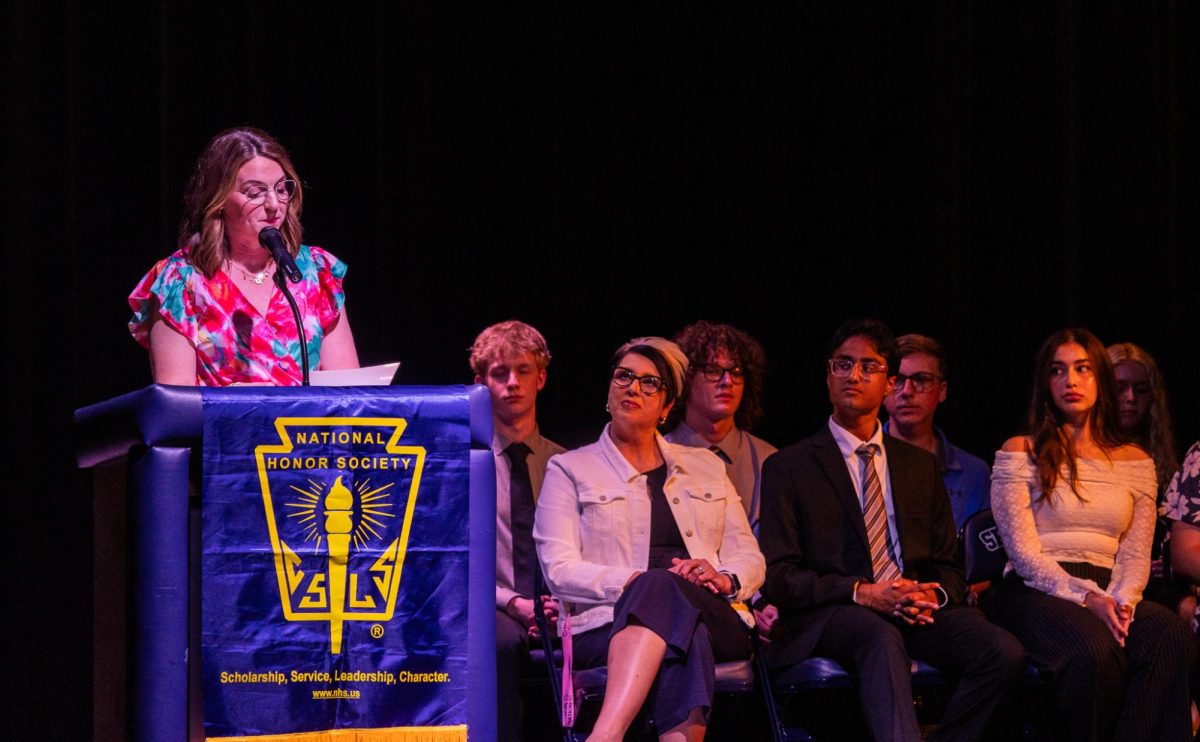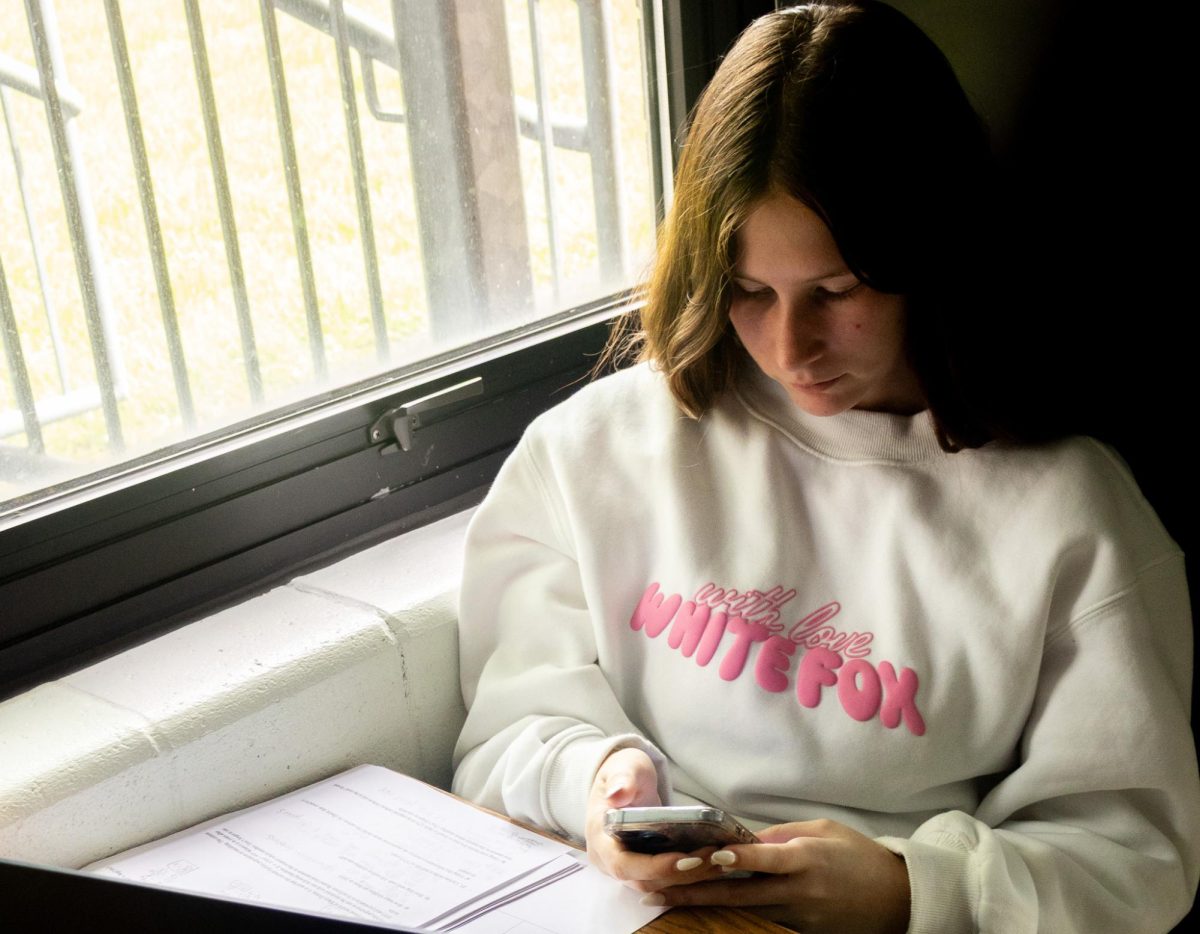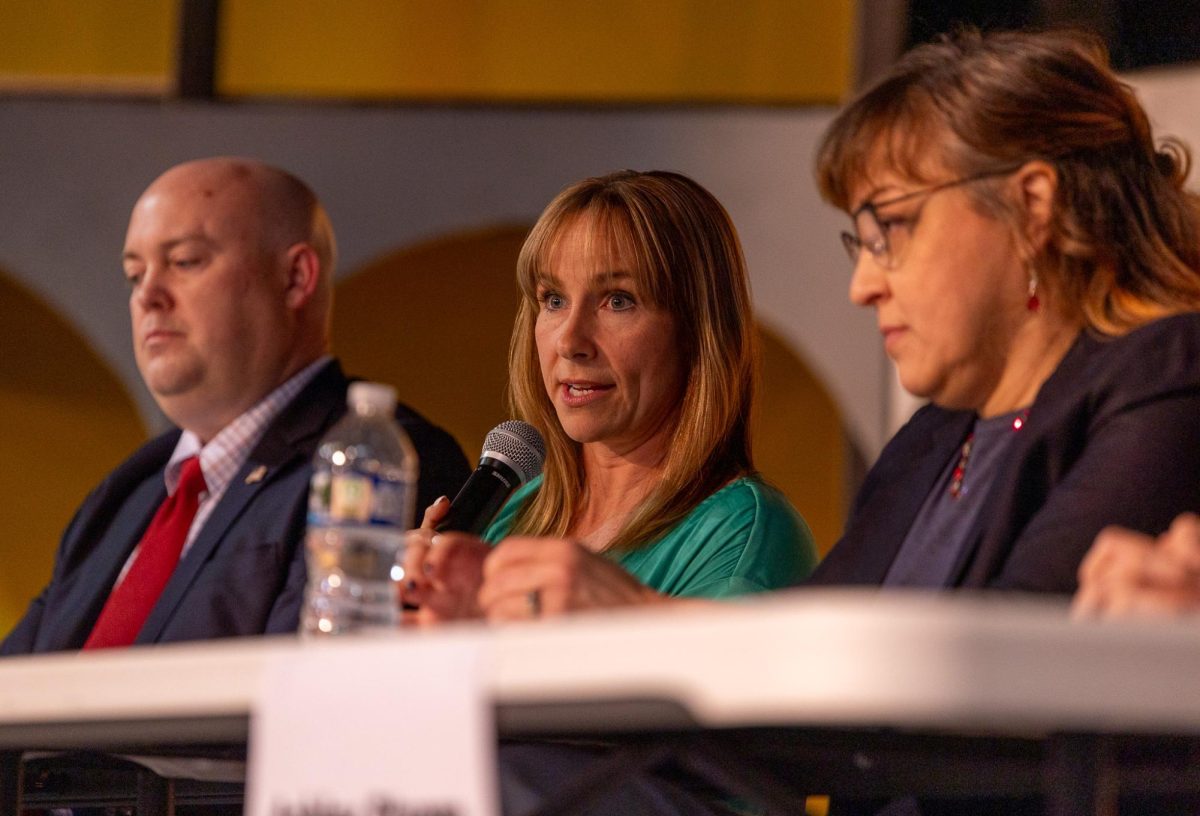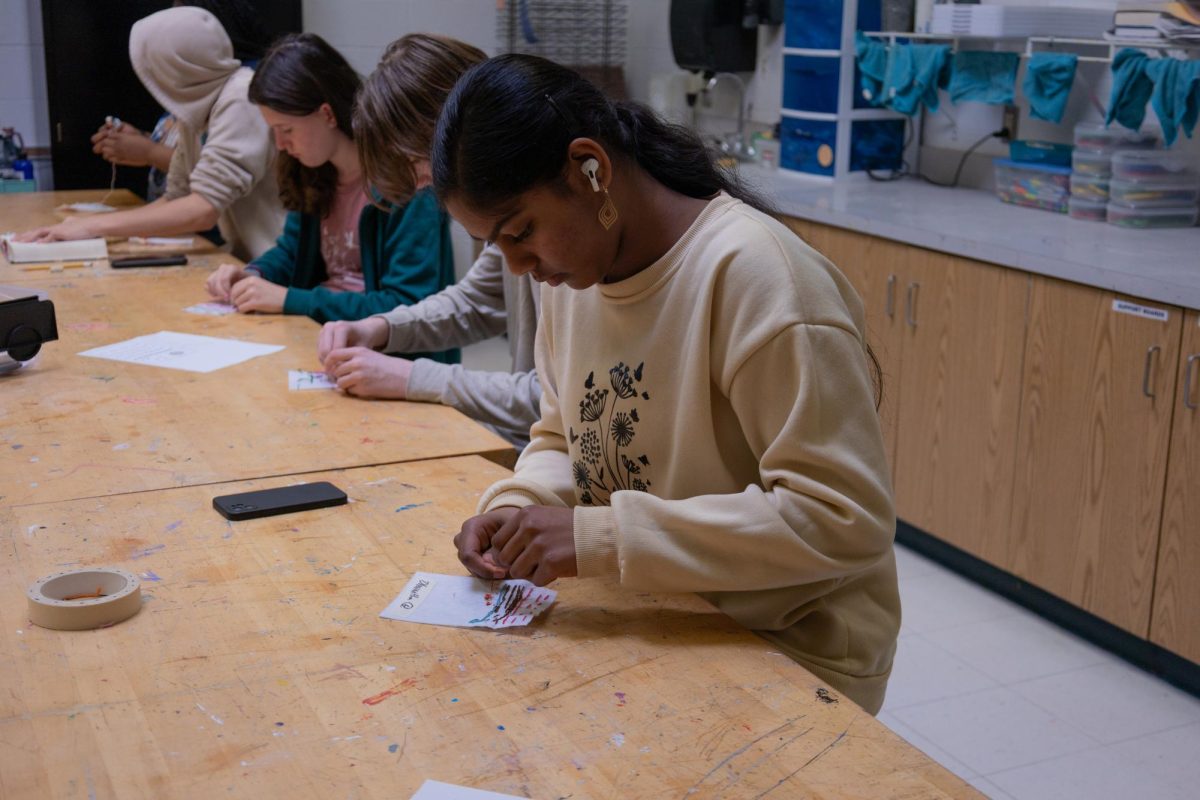Feb. 14th to many marked what seemed like the average Wednesday, though to Christians, it is a holy holiday known as Ash Wednesday. This day marks the beginning of Lent, a period of religious fasting in which students like sophomore Wyat Dwyer, who continues to participate in the holiday.
“It mostly just involves going to church weekly and not eating meat on Fridays,” Dwyer said. “So basically incorporating every part of your meal without the protein.”
As far as eating habits go, a sudden change in diet can be very impactful to someone’s well-being both physically and mentally. Despite this, Dwyer finds common ground quite easily as he breezes through the day without much of a hassle.
“The one deficit doesn’t really affect me too much,” Dwyer said. “You can still get everything you need without meat for just one day.”
This tradition does not just involve students, as several adults also participate in the Christian holiday. Administrative Assistant Annette Herdt also mentions how she participates in the holiday, and even does a little extra beyond just not eating meat on Fridays.
“I do not typically eat meat on Fridays, but you’re also supposed to give something up for Lent,” Mrs. Herdt said. “But instead of doing that I just try to be a better person.”
Even though several just strive to get through the fasting part, many love to simply help out more. However, the fasting period is not without its benefits as freshman Alex Fumagalli pointed out how the religious tradition actually contributes to his physical wellness.
“It helps me because I’ve been eating a lot of junk food lately,” Fumagalli said. “But now I’m going to things like fish fries, new experiences.”
A large takeaway of the Christian tradition is to overall be more mindful about what someone eats as well as how someone acts, a virtue Finance Associate Mrs. Melissa Halloran makes sure to incorporate into her daily activities during Lent.
“I definitely eat less so I eat more meaningfully and prayerfully,” Halloran said. “I try to do random acts of kindness too.”
However Lent has one more key purpose it serves, which is to remind participants of just how thankful they are to have such luxuries in their lives. Not just being mindful of oneself, but mindful of others.
“It’s kind of eye-opening for me and other people,” Dwyer said. “I mean, I realize how blessed I am so not eating meat for [just] one day is pretty good [considering] the hardships people go through.”
So whether it be a loaf of bread or a single cut of meat, at the end of the day, it is always important to count one’s blessings, and always be thankful for what someone has. Not just for one’s religious beliefs, but for those less fortunate than them.
Similarly, the Muslim holiday of Ramadan also affects eating habits, a tradition of fasting beginning March 10 this year, and lasting until around April 9, which marks the holiday of Eid al-Fitr. During this time, several students like senior MJ Safi fast from sunrise to sunset during the course of the holy month.
“So it’s a whole month-long period of fasting of about 20 to 30 days, though it really depends because we do it by the lunar cycle,” Safi said. “We start when it’s a crescent moon and wait until it is a full moon to finish.”
Though just like any type of fasting, the period without any food or water affects each individual differently. Some students like junior Abdullah Khalid tend to notice their energy on several days is much lower than normal.
“I feel more tired some days,” Khalid said. “But it helps me practice self discipline.”
In response to the issue of participating students experiencing fatigue during school days, World Language teacher Doctora Caitlin Crain sent out an email to teachers in the school on March 12 to warn about students in classes who might seem more tired some days.
“I just wanted to make sure that everybody kind of understood where maybe the students are coming from and if they were a little bit more tired or fatigued during the school day,” Crain said.
Although fasting from sunup to sundown is difficult for many, Safi mentioned how although it is hard at times, the positives outweigh the negatives when it comes to feeling a stronger sense of empathy for the poor.
“It’s really a holy month for us to be forgiven by God, but it also allows you to be able to see what the poor go through,” Safi said. “It’s a lot easier to feel what the needy go through, and we even give to charity to support them.”










